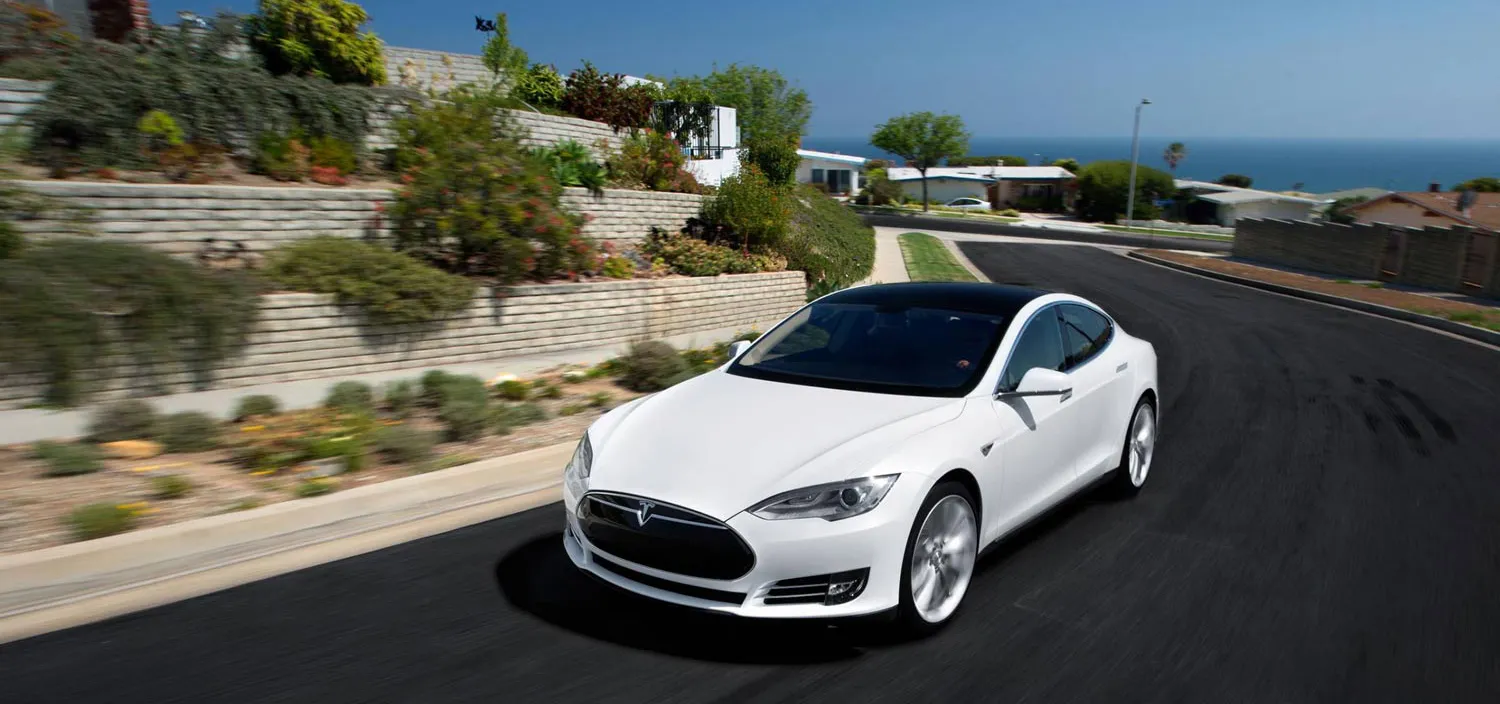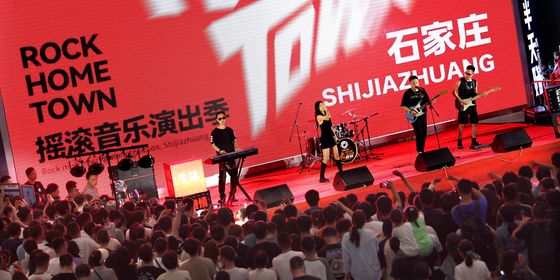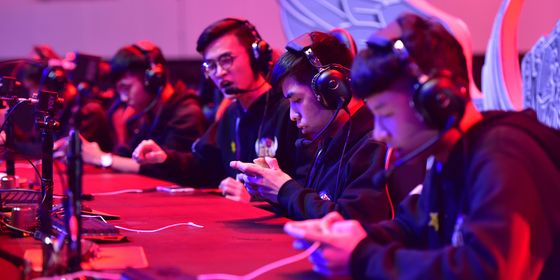China’s nano-suit, AlphaGo gets weirder, Tesla in China, and Chinese bike-share startups in DC
Each Thursday, The World of Chinese takes the most ground-breaking, impressive, or just plain weird technological advancements related to the Middle Kingdom and serves them in bite-sized chunks to keep you up-to-date on the latest news in the world of Chinese technology.
AlphaGo evolves beyond human input
TWOC extensively covered the mighty clash between the world’s best human Go Player, Ke Jie, and Google’s AlphaGo program in our 2017-4 cover story. The puny human was easily defeated by a computer which had processed thousands of games of Go and learned from our mistakes.
Now, AI has moved a step further. The newest Go AI, AlphaGo Zero, has never studied human games of Go. Instead, it played games against itself to determine the best possible moves, and has now been unleashed against AlphaGo. The result was an easy victory. What’s even more uncanny is that the strategies and moves used by AlphaGo Zero seem utterly alien to Go experts.
In related news, Google may soon see its AI dominance challenged, as China pours vast sums of money into AI research.
Tesla moves focus to China
Fresh off downsizing a small part of its US workforce, electric carmaker Tesla is recruiting in China and seems set to finally build a factory in Shanghai. In contrast to the majority of foreign companies that operate in China, Tesla will not seek out a local partner, and will reportedly run the factory itself. This means that it won’t need to share profits with a partner, but on the other hand, it will face much higher tariffs, as it will still be classed as an importer because Tesla will be a Wholly Owned Foreign Enterprise operating out of a free trade zone.
The company itself has yet to confirm the plans despite widespread confirmation in media.
Chinese authorities have been signaling an intention to strongly support the electric car market in China, which means Elon Musk’s company is likely to face extremely stiff domestic competition in the market.
Ofo and Mobike take battle to Washington
Chinese car-sharing apps Ofo and Mobike remain locked in stiff competition in the Chinese capital, with bikes still littering the streets, to the dismay of locals. But their contest is taking place on a far bigger backdrop than just one city, or even just one country. Washington DC has launched a new shared bike pilot program, in order to reduce traffic, and unsurprisingly the shared-bike startups have smelled an opportunity. In addition to Mobike and Ofo, local US startups are also entering the fray.
China’s homegrown nano-suit
A recent Xinhua article about nano-suits (which bafflingly decided to introduce the concept via a Jaden Smith role) highlights an impressive piece of technology being unveiled by Chinese Academy of Science researchers. Inexplicably dubbed an “intellectual suit,” the suit can detect temperature, PH levels and pressure, and send them via wifi. No power source is needed, as the suit’s “triboelectric nanogenerator” harvests energy from human movement.
The researcher also discussed “nano-tattoos” which are essentially stickers that can monitor health and even apply medicine via injection when necessary, and could be used to aid conditions such as diabetes.
Cover image from ifanr.com












